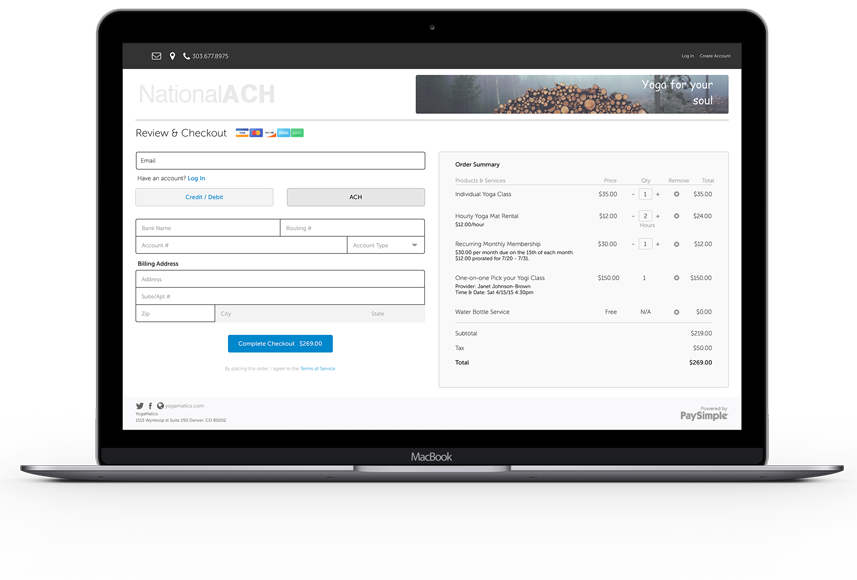Echeck Processing for Subprime Lenders
Echecks are a proven effective way for lenders to collect payments from consumers in the subprime market. This article discusses the benefits of electronic check processing.
What is the Subprime Market?
Subprime lenders make loans to consumers who may have difficulty keeping up with repayments. Subprime lenders include payday loan companies, title lenders, loan modification companies, and installment lenders. Debt collection agencies also work with the subprime market.
Working with sub-prime customers presents special challenges to lenders. The demographics of the customer base mean that there are higher levels of returns for non-sufficient funds (NSF). In addition, customers will often revoke a transaction (chargeback) claiming it was unauthorized.
Electronic Check Processing for Lenders
Lenders and collection agencies have long used echecks to collect loan repayments. And with increased restrictions on using cards to repay loans, electronic check processing is more popular than ever.
Echecks are particularly effective for loan repayments. Bank accounts rarely change. Most Americans have payroll direct deposit. And pay monthly bills automatically from a bank account. As a result, changing an account is a major inconvenience,
As a result, when you set up electronic checks for loan repayments, recurring billing information seldom changes. Payments continue uninterrupted month after month.
Echecks Now Replacing ACH Processing for Lenders
The biggest concern for lenders is returned and revoked transactions.
Changes in ACH network has forced many lenders to find an alternative. ACH processing accounts now need to maintain returns under 15% and revokes under 0.5%. Due to the demographic of the subprime market, these ratios are very hard to maintain.
As a result, most subprime lenders are moving to echecks that use bank-to-bank data exchange to process transactions. Echeck technology, based on Check 21, is a fast, safe method to accept electronic check payments.
Echecks are an effective alternative for lenders who want to avoid restrictive ACH rules regarding chargebacks and returns.
Electronic checks are not subject to the same rules as ACH transactions. Check 21 transactions are governed by check laws, and the Uniform Commercial Code, not ACH regulations. Giving you far greater flexibility for higher returns and chargebacks.
Electronic check transactions appear on the borrower’s bank statement in the same place as a paper check transactions. Making it easier for borrowers to remember what was the payment was for and reducing revoked transactions.
Conclusion
Echecks are the most effective way to assure repayment of subprime loans. Bank accounts rarely change. Therefore, recurring payment continue uninterrupted.
Subprime lenders get many returns for non-sufficient funds. And some borrowers try to revoke transactions to avoid repayment of loan.
Subprime lenders and collection agencies discover an echeck account is the best solution for loan repayments. Convenient for borrowers. Profitable for you.
Interested in finding out how Check 21 electronic check processing can benefit your business?
Contact info@NationalACH today.
